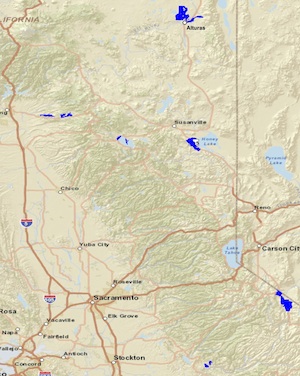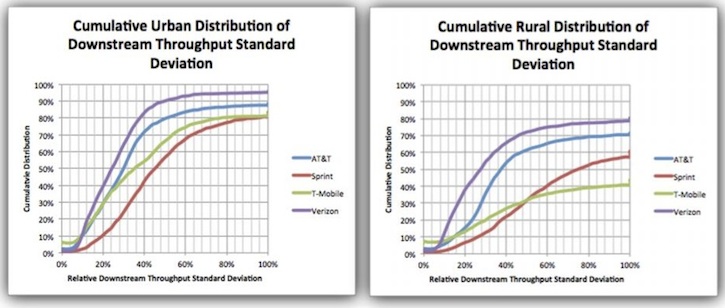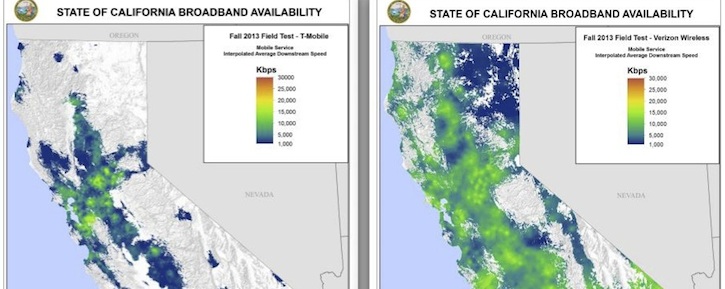Frontier pledges to boost broadband service in California

Click for a bigger version.
So far, only one Internet service provider has exercised its right of first refusal to upgrade substandard service areas on its own and thereby prevent competing projects from getting subsidies from the California Advanced Services Fund for up to a year. Frontier Communications submitted a letter to the California Public Utilities Commission on Friday making a plausible pledge to improve service in 7 rural Californian communities to at least minimum levels…
… MoreThe project upgrades are in northeast California in the area of Alturas, Chester, Lake Almanor, Janesville, Shingletown, in the central California area of Tuolumne and along the California and Nevada border adjacent to Topaz Lake, NV on the California side.




![By FASTILY (Own work) [GFDL (https://www.gnu.org/copyleft/fdl.html) or CC-BY-SA-3.0-2.5-2.0-1.0 (https://creativecommons.org/licenses/by-sa/3.0)], via Wikimedia Commons](https://www.tellusventure.com/blog/images/2014/10/tab.jpg)
![By Bidgee (Own work) [CC-BY-3.0 (https://creativecommons.org/licenses/by/3.0)], via Wikimedia Commons](https://www.tellusventure.com/blog/images/2014/10/stop_sign.jpg)


